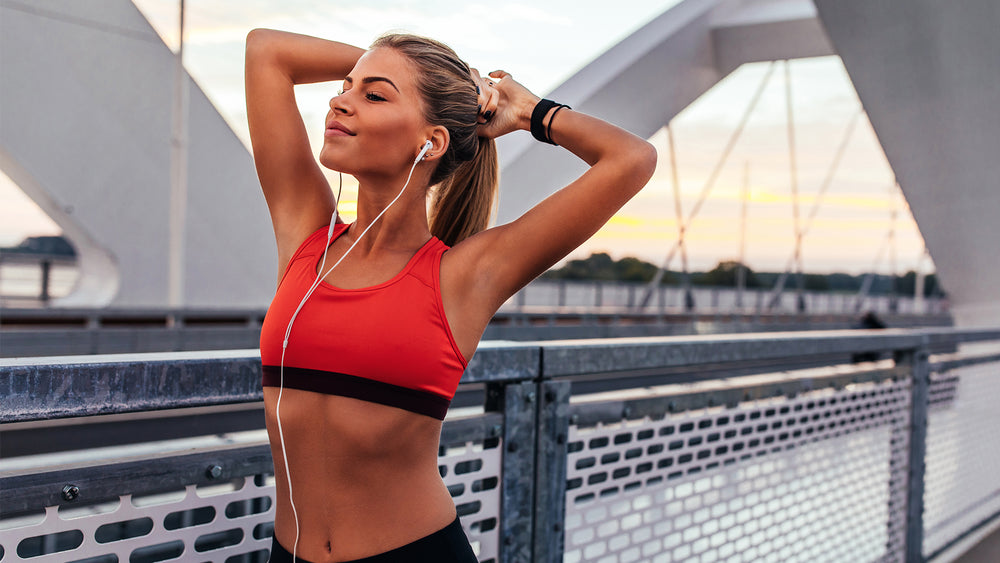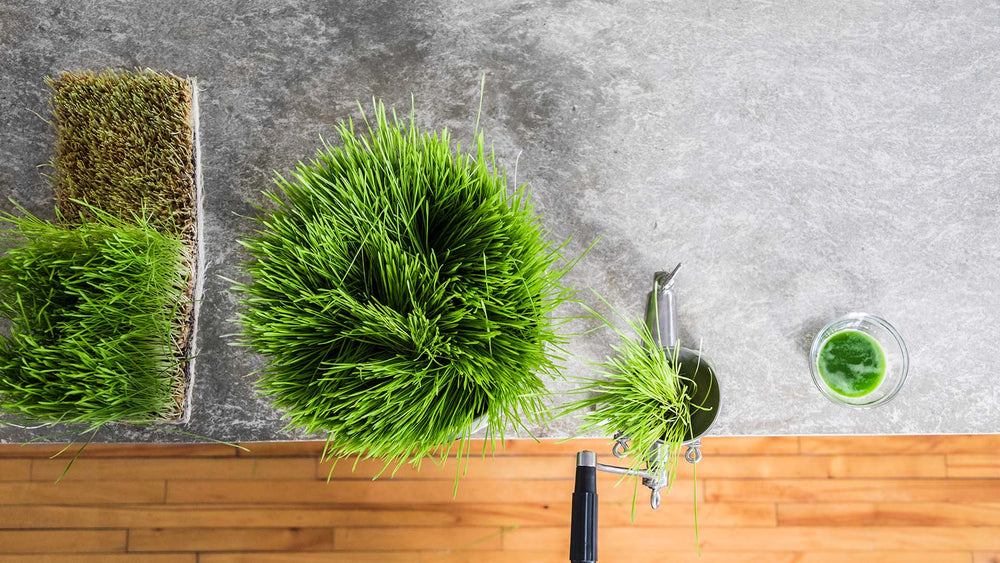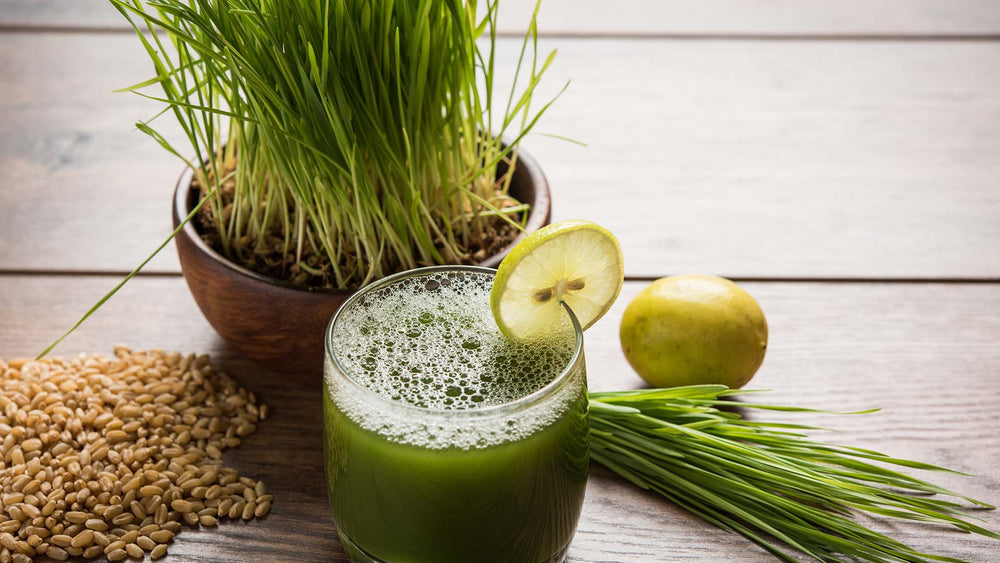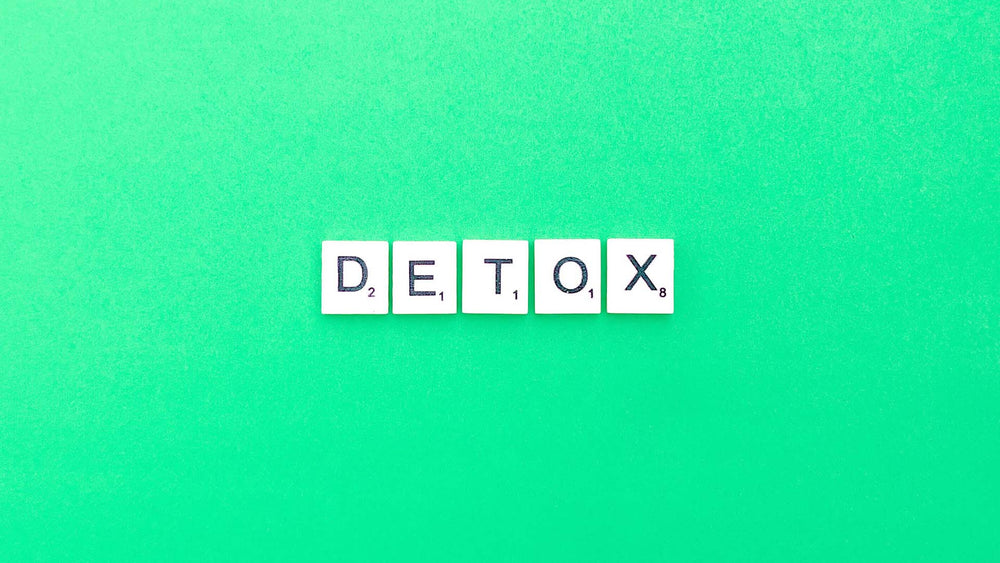If you get the blues every winter, there are easy, natural ways to treat seasonal depression. Branded a form of recurring depression by the American Psychological Association, the symptoms of winter depression are similar to those of regular depression. Unlike regular depression, the symptoms naturally fade away as the weather gets warmer and sunnier.
Seasonal depression, also called seasonal affective disorder (SAD) usually starts in the fall, with symptoms getting worse as winter weather deepens. Signs of seasonal depression include hopelessness, social isolation, overeating, fatigue, inability to focus and loss of interest in previously enjoyable activities.
Find Ways to Treat Seasonal Depression by Getting Out in the Sunshine
As days grow shorter and sunlight gets scarce in the autumn and winter, the lack of natural light interferes with serotonin and other mood-regulating chemicals in the body.
Winter depression or seasonal effective disorder (SAD) is different than regular, non-clinical depression, but they can be treated with some of the same mood-improving methods. It occurs during the winter, when the days are shorter, the nights are longer, and sunshine is in short supply. Sunshine is the primary source of Vitamin D, one of the most important vitamins to maintain a good mood. You get most of your Vitamin D through skin exposure to sunlight. Milk, cheese, egg yolks and fatty fish (salmon, tuna) are other natural sources of Vitamin D. The vitamin is also added to fortified versions of orange juice, cereal and other foods. Get out in the sunshine to get more Vitamin D, and add more dairy foods and fatty fish to your diet.
When the weather is consistently cold and cloudy, with more rain or snow than sunshine, some people suffer from seasonal depression. About six per cent of the U.S. population suffers from moderate to severe SAD each winter, while up to 15% have a mild form of the winter blues. People whose symptoms don't respond to conservative treatment may need anti-depressant medication for relief of severe seasonal affective disorder. Most people with SAD will respond to one or more of the natural ways to treat seasonal depression.
1. Eating Healthy Foods is One of the Best Ways to Treat Seasonal Depression
Your diet affects your mental health as well as your physical health year round. Eating bad food, including candy, cookies, potato chips and fast-food burgers, leaves you feeling sluggish, unfocused and depressed. Fill up your fridge with salmon, lean meat, turkey, fruits and vegetables. Snack on sunflower or pumpkin seeds instead of candy bars from the vending machine at work, and drink herbal tea instead of soda. You don't need to deny yourself an occasional treat, but a regular diet of highly acidic junk food will throw your pH balance off-kilter. This negatively impacts your emotional well-being, and may cause high blood pressure, heart disease, diabetes or other chronic health conditions.
SAD causes many people to overindulge in carbohydrates and comfort foods that pack on pounds without offering many nutrients. Macaroni and cheese, cake, potato chips, cookies and pastries are a few of the “bad carbs” you may snack on when you have seasonal affective disorder. To limit your intake of calorie-heavy carbs, stock your kitchen with whole grain crackers, unsalted peanuts, cashews, walnuts, almonds and sesame seeds. These good carbs will satisfy the munchies without causing weight gain or dragging you down. You can also snack on magnesium-rich dark chocolate to calm nerves and fight fatigue. Seafood contains Omega 3 fatty acids to neutralize seasonal depression, and oranges, blueberries and other fruits with Vitamin C prevent inflammation and keep you energetic during the cold winter months.
2. Light Therapy – One of the Proven Ways to Treat Seasonal Depression
Lack of sunshine means lack of Vitamin D, so when it's gloomy out (or you can't go outside), invest in a light therapy box. A light therapy lamp or box mimics the effect of the summer sun, bathing you in warm light. Sitting in front of a light therapy box for thirty minutes in the morning and thirty minutes at night helps increase serotonin, a mood-regulating chemical in the body. Light therapy, along with exercise, was found to be an effective natural way to combat depression, according to an article published in the November 2007 Journal of Psychiatry and Neuroscience.
3. Get Some Exercise
Exercise is one of the top ways to treat seasonal depression. It may be hard to even get out of bed when you have SAD, but once you start moving, you body produces feel-good chemicals to relieve depression. When you exercise, your body releases chemicals called endorphins, which reduce your feelings of pain. Endorphins give you a euphoric feeling, sometimes called a “runner's high”. (You don't need to run to get it, just engage in moderate physical activity.) Exercising has been proven to reduce stress, improve the quality and quantity of your sleep and increase self-esteem. It makes sense – when you get your blood pumping, you feel better and look better, and this boosts your confidence and even your posture.
Reduce mild to moderate seasonal depression by dancing, biking, jogging, doing yoga or taking a brisk walk around the block. Even doing housework or yardwork will help lift your spirits and tone your muscles. Begin your exercise program by engaging in moderate physical activity for 20 minutes three times a week. The more you exercise the better you'll feel, and this will make you want to exercise more and reap additional benefits. Since SAD often causes social isolation, exercising with a friend or taking a class will give you a chance to interact with others again.
4. Follow a Daily Schedule to Reduce Seasonal Depression
Organize each day with tasks, exercise and hobbies to keep busy. If you don't have a set schedule, you'll be more likely to stay in bed longer or veg out watching TV, which will increase lethargy and depression. Keep lists, set alarms on your iPhone to alert you regarding tasks. If you're on vacation, it will be harder to keep to a schedule without reminders. Plan outings with friends and ask them to set reminders for you by calling, texting or even stopping by. Making commitments days or even weeks in advance will help you get out more. It's easier to turn down a social invitation if you get a last minute test or phone call.
Bored with your usual routine? One of the best ways to treat seasonal depression is to learn something new. Take up a new hobby! Learning a new skill, revisiting an old hobby or traveling (even if it's to a local museum you haven't seen before), will invigorate you and pull you out of the winter doldrums. Learn how to speak French, take a painting class or brush the dust off your old sewing machine. Taking action is one of the best ways to treat seasonal depression. Trying something new will get you out of your shell and become fully engaged with life again.
5. Visit with Friends and Family
Spend more time with friends and family. Surround yourself with people who have a positive attitude and similar interests. If your family is far away or if you are in a long-distance relationship, use Skype, social media and phone calls to keep in touch. While nothing beats face-to-face interaction, cyber socializing is better than none at all. . Reach out to a friend, relative, neighbor or co-worker when you're feeling overwhelmed by seasonal depression. Whether you feel like pouring your heart out or simply talking about the movie you just saw, social interaction will lift your spirits
6. Use an Air Ionizer
Buy an air ionizer to cleanse the air in your home or apartment. An air ionizer electrically charges air molecules using high voltage.
Air ionizers reduce the buildup of static electricity from appliances, and they reduce the occurrence of certain bacterial infections. Summer air is loaded with negative ions, and using an air ionizer in the winter helps produce more negative ions in your home's air flow. Although an air ionizer supplies a small amount of negative ions, using one will help you get a better night's sleep. Restful sleep helps minimize anxiety and fatigue that contribute to seasonal affective disorder.
7. Drink Green Tea
Avoid drinking heavily sweetened and caffeinated coffee drinks if you're prone to seasonal depression. They'll give you a buzz, but leave you with a jittery, uneasy feeling later on that may lead to more depression. Drink antioxidant-rich green tea instead, which slowly energizes you while fighting inflammation. Green tea preserves cognitive function, and has been shown to reduce depression in a study conducted on elderly Japanese individuals. And green tea boosts health and brain power in many other ways.
Green tea contains polyphenols, phytochemicals known to help prevent heart disease, cancer and Parkinson's. Studies show that mice treated with polyphenols similar to the ones in green tea were better protected from the toxins that cause Parkinson's disease.
Green tea also contains tannins, including one called gallotannin, which assists the body's DNA repair system to boost brain cell function after a stroke.
8. Take Wheatgrass Supplement
Taking nutritional supplements boost overall health, but with so many available, it's hard to decide on which ones to use, especially if you want to relieve seasonal depression.
Using a wheatgrass supplement is of the best ways to treat seasonal depression. Wheatgrass pills contain hundreds of nutrients for overall well-being, plus several vitamins and minerals shown to improve mood and boost energy. Wheatgrass contains “plant blood” aka chlorophyll, the substance that gives plants their green color. Chlorophyll does more than make plants green. It provides hundreds of vitamins, minerals, amino acids and nutrients to energize you and boost your mood. Here are a few of the nutrients found in a chlorophyll-rich wheatgrass tablet:
Magnesium – A study published in Medical Hypotheses in 2006 indicated that magnesium may be helpful in reducing major depression. Dietary magnesium deficiency and stress may lead to both seasonal and major depression, and increasing magnesium intake may guard against SAD and clinical depression. Magnesium is the main component of chlorophyll, and taking one or more wheatgrass pills a day will provide you with more magnesium than a drugstore multivitamin.
Vitamin E – Australian researchers discovered that individuals suffering from depression had lower levels of Vitamin E in their bodies. The researchers weren't sure if depression was due to insufficient Vitamin E in the diet or another factor. Vitamin E helps repair damaged cells and prevents inflammation to keep you healthy and maintain a better mood
B-complex Vitamins – the eight B-complex vitamins -Vitamin B1, (Thiamine), Vitamin B2 (Riboflavin), Vitamin B3 (Niacin), Vitamin B5 (Pantothenic Acid), Vitamin B6 (Pyridoxine), Vitamin B7 (Biotin), Vitamin B9 (Folate) and Vitamin B12 (Cobalamin) contribute to your health in many ways. Vitamin B6 helps your body produce mood-regulating serotonin to reduce SAD or any type of depression. It also helps your body create more melatonin, for quality sleep. Vitamin B12 and Vitamin B9 work together to create hemoglobin and give you more energy. A study conducted at Tufts University in Boston shows Vitamin B9 may reduce depression and dementia in the elderly. Vitamin B12 has long been regarded a good natural treatment for depression, and a study from Surrey, UK suggests that folate and Vitamin B12 can be used to prevent or reduce depression.
HappyGirl, Zeal O2 and REVV Treat Seasonal Depression Naturally with Wheatgrass
The chlorophyll in wheatgrass provides essential amino acids, zinc, potassium, magnesium, selenium, manganese, sodium and other minerals, plus all B-complex vitamins and Vitamins A,C, E and K. You'll get all the depression-fighting attributes of magnesium and other nutrients. Zeal O2 and Happy Girl wheatgrass pills and REVV wheatgrass supplement wafers from Wheatgrass Love are made with high-grade wheatgrass. We've added B-complex vitamins to them for even more energy and mood-boosting power.
Happy Girl Mood Enhancement Supplement increases your energy and brings out the best in you with its high-value, B-complex vitamin infused wheatgrass, but that's only part of the depression-fighting equation. We've included an herbal blend of green tea extract, gingko biloba, ginseng, cayenne pepper and other nutrients to reduce SAD. Great for women and men of all ages, Happy Girl is one of the best ways to treat seasonal depression and other types of non-clinical depression. Order Happy Girl.
REVV Natural Energy Supplement naturally boosts energy and reduces the symptoms of seasonal depression. These tasty chocolate mint wafers are rocket fuel for your body and mind. They are made with cocoa, caffeine, B-complex vitamin-infused wheatgrass and periwinkle herb, a lesser-known but powerful herb for boosting brain power and preventing dementia and Alzheimer's. Order REVV.
Zeal O2 Natural Weight Loss Supplement and Energy Booster helps you stay slim while improving your mood. The finest wheatgrass with added B-complex vitamins keep you healthy and energetic while reducing seasonal depression. Wheatgrass provides magnesium and vitamins plus protein-building amino acids to increase overall well-being and prevent inflammation that harms your emotions as well as your physical health. The proprietary blend in Zeal O2 contains Citrus aurantium to burn fat and boost your metabolism. Cayenne pepper, ginkgo biloba, ginseng, green tea extract and damiana are just a few of the other depression-fighting herbs in Zeal O2. Order Zeal O2.
Zeal O2, Happy Girl and REVV come with a money-back guarantee. If you're not satisfied return the unused portions for a complete refund. Taking a high-grade wheatgrass supplement. Exercising, eating well, getting out in the sunshine and taking a wheatgrass supplement from Wheatgrass Love are some of the best ways to treat seasonal depression.
















